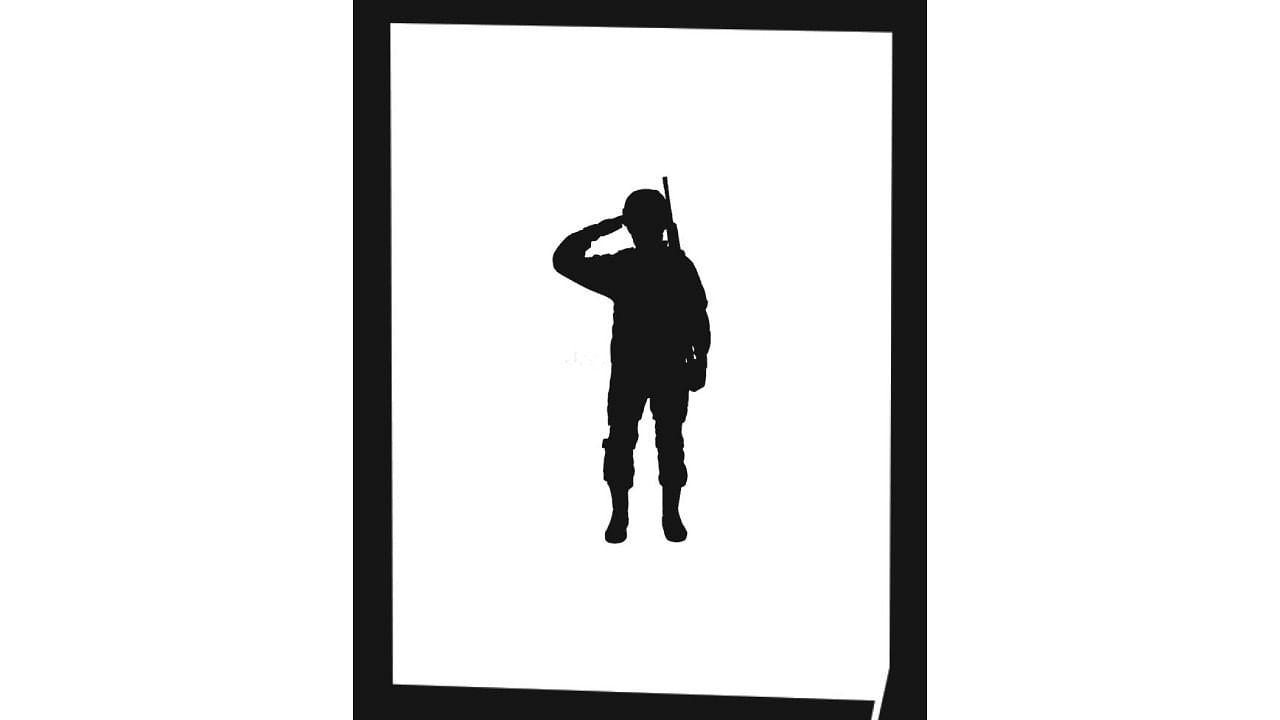
Sexual behaviour norms recently knocked on the doors of the cultural and disciplinary space of the armed forces. A five-judge bench of the Supreme Court went on to clarify that armed forces personnel can be punished for adultery despite a 2018 judgement decriminalising adultery.
It did so by striking down Section 497 of the IPC on grounds of gender justice by treating a wife as the property of her husband and thus denying constitutional guarantees of dignity, liberty, privacy, and sexual autonomy.
The Ministry of Defence had filed an application stating that though adultery has been decriminalised, it should not stand in the way of armed forces officers being punished under the provisions of the Army, Navy, and Air Force Acts that deal with offences relating to unbecoming conduct and violations of good order and military discipline.
In essence, the Supreme Court upheld the principle that the interpretation of what acts translate to unbecoming conduct or violations of good order and discipline is best left to the armed forces to decide, even if they relate to practices that may be legal/illegal, and whether or not any such act is acceptable or unacceptable as a social norm in civil society.
After striking down IPC 498 in 2018, adultery has no longer been a crime, but it has remained a ground for divorce. In the armed forces, however, adultery can be punished, as they consider it unacceptable for impairing their value system and impacting the cohesion and morale at unit level. There are no specific sections in the Army, Navy, and Air Force Acts with regard to adultery, but depending on the circumstances of the case, the charge could be levied under unbecoming conduct or a violation of good order and discipline, and it is often quaintly phrased as "stealing the affections of a brother officer’s wife."
The Supreme Court’s clarification has closed the loophole that was attempted to be used by some who were charged with adultery but contended that since it is no longer a crime, they cannot be prosecuted. But it should also ring a warning bell to the military leadership that the changing societal norms relating to the sexual domain will throw up issues that may face stronger legal headwinds as the value systems of the armed forces grapple with changes in society and struggle to justify their impact on good conduct, morale, and operational effectiveness.
In contemporary times, legal acceptance of homosexuality and cohabitation could challenge the conservative value threads of the cultural fabric of the Armed Forces.
In September 2018, the Supreme Court ruled that Section 377 of the IPC, as far as the aspect of criminalising consensual homosexual sex goes, runs contrary to the Constitution. Therefore, all forms of consensual sex without coercion between adults are legal. The main argument was that it violated the right to equality and was an invasion of privacy, which was declared in an earlier judgement to be intrinsic to life and personal liberty under Article 21 of the Constitution.
In January 2019, the then COAS, General Rawat, when asked about the impact of the Supreme Court’s verdict, stated that although the army is not above the verdict, the presence of homosexuals may bolster homophobic tensions among soldiers, undermining the unit’s cohesiveness.
The question that arises is whether soldiers in a consensual homosexual relationship can be punished under the "good conduct" or "violation of good order and discipline" sections. The answer can be yes and no, depending on the ability to prove that unit morale, cohesiveness, and operational efficiency are undermined in that particular case.
Therefore, in legal terms, merely being a homosexual cannot be the basis for banning the recruitment of homosexuals or disallowing them to serve in the armed forces.
There could be some merit in the argument that, especially in the army and navy, field conditions necessitate living in close quarters and could generate homophobic tensions. But the main issue is that changing attitudes come into conflict with the existing social prejudices against homosexuality. The issue is not whether a change in attitude is warranted or not, but how the change is to be managed.
Marriage remains the social institution that endures as the foundation for social stability and, importantly, provides for the upbringing of children. However, cohabitation outside of marriage between consenting adults is gaining currency as a social practice, especially among the urban Indian middle class. Cohabitation or live-in relations are legal as long as the requirements of legal age, consent, and soundness of mind are met. It is only a matter of time before the armed forces have to take a position on it.
When it comes to sexual norms, drawing the line is becoming increasingly difficult. For example, a live-in relationship between a commanding officer and a company commander would be unacceptable. But if it is between an officer and a civilian, there is the possibility of accommodation. For the armed forces, a decision on cohabitation cases and their impact must be carefully handled to accommodate a growing social norm that is legal and yet balance it with protection of institutional interests.
The three Services will have to jointly and comprehensively examine these issues relating to social norms and find a way forward. If not, in all likelihood, several long-drawn legal battles will follow, and acceptance will be imposed on the unwilling armed forces, similar to the army’s experience with the induction of women.
Change is inevitable. Managing changes in the structure of sexual and social relationships is likely to play a key role in strengthening the most vital resource of the armed forces—its human capital. Given the changing norms, it is apparent that as of now, the indications are that the military may have to give more and more while ensuring the protection of the basic values of discipline and unity and the demands of its fighting capabilities. Prudence demands keeping an open mind about it.